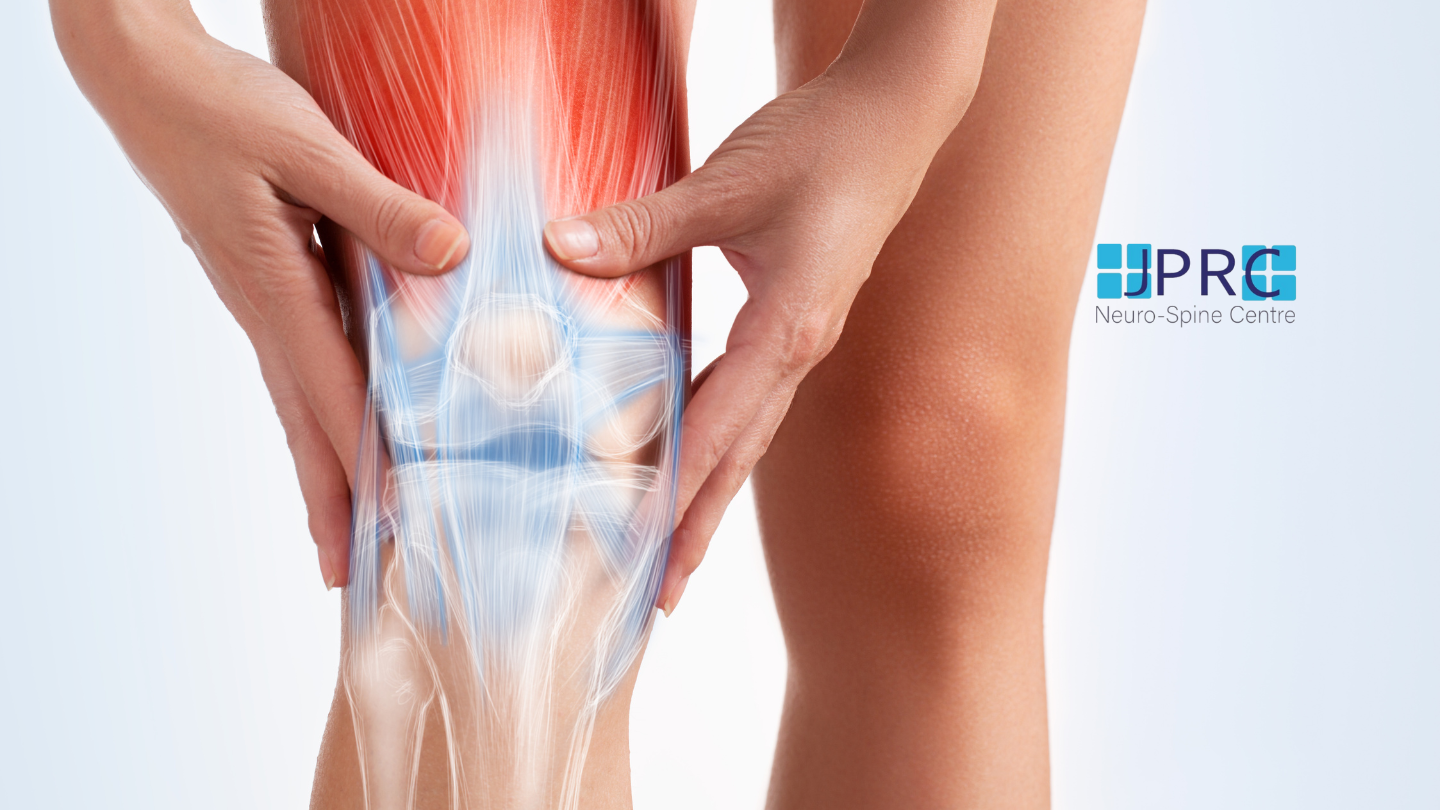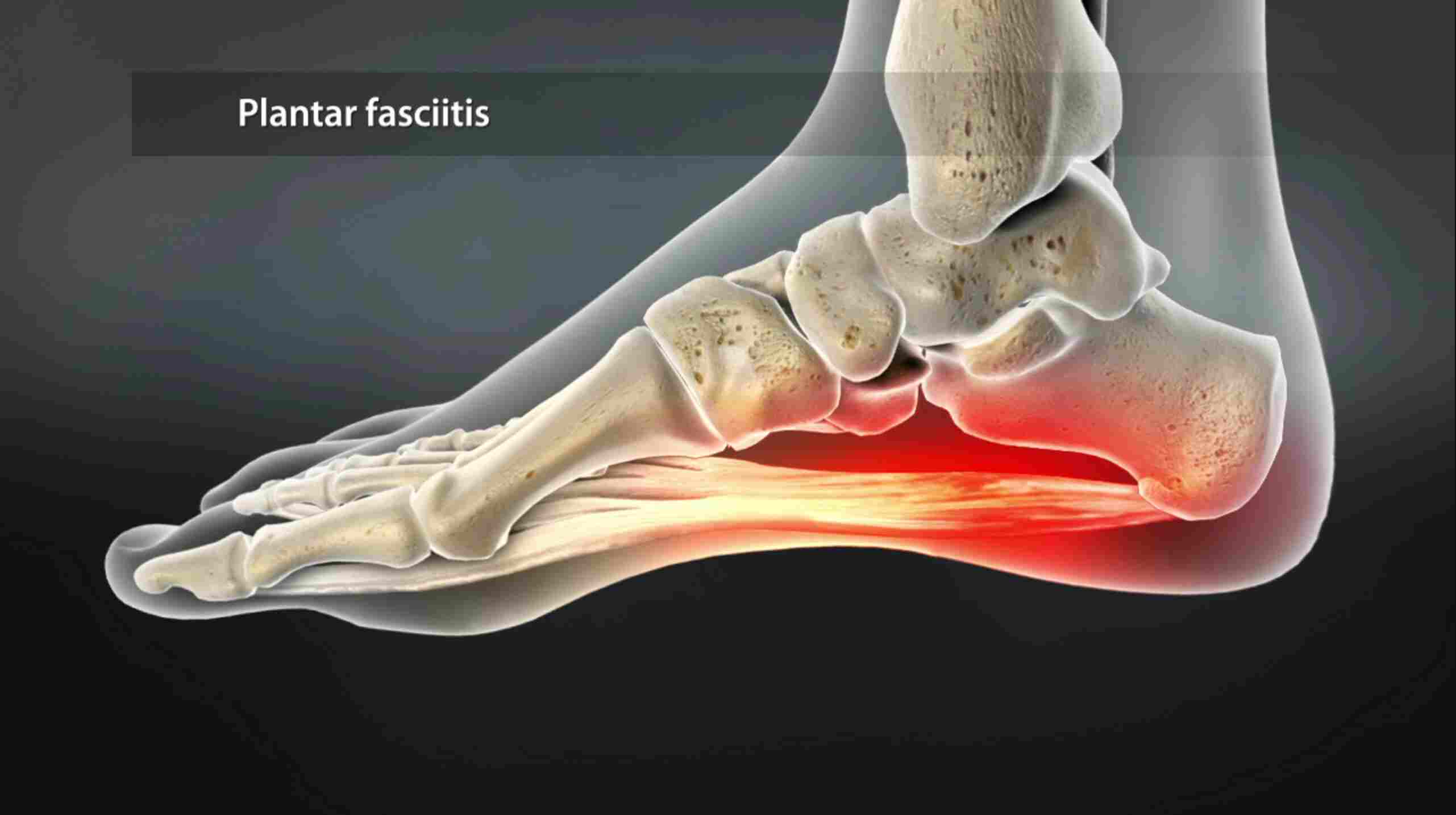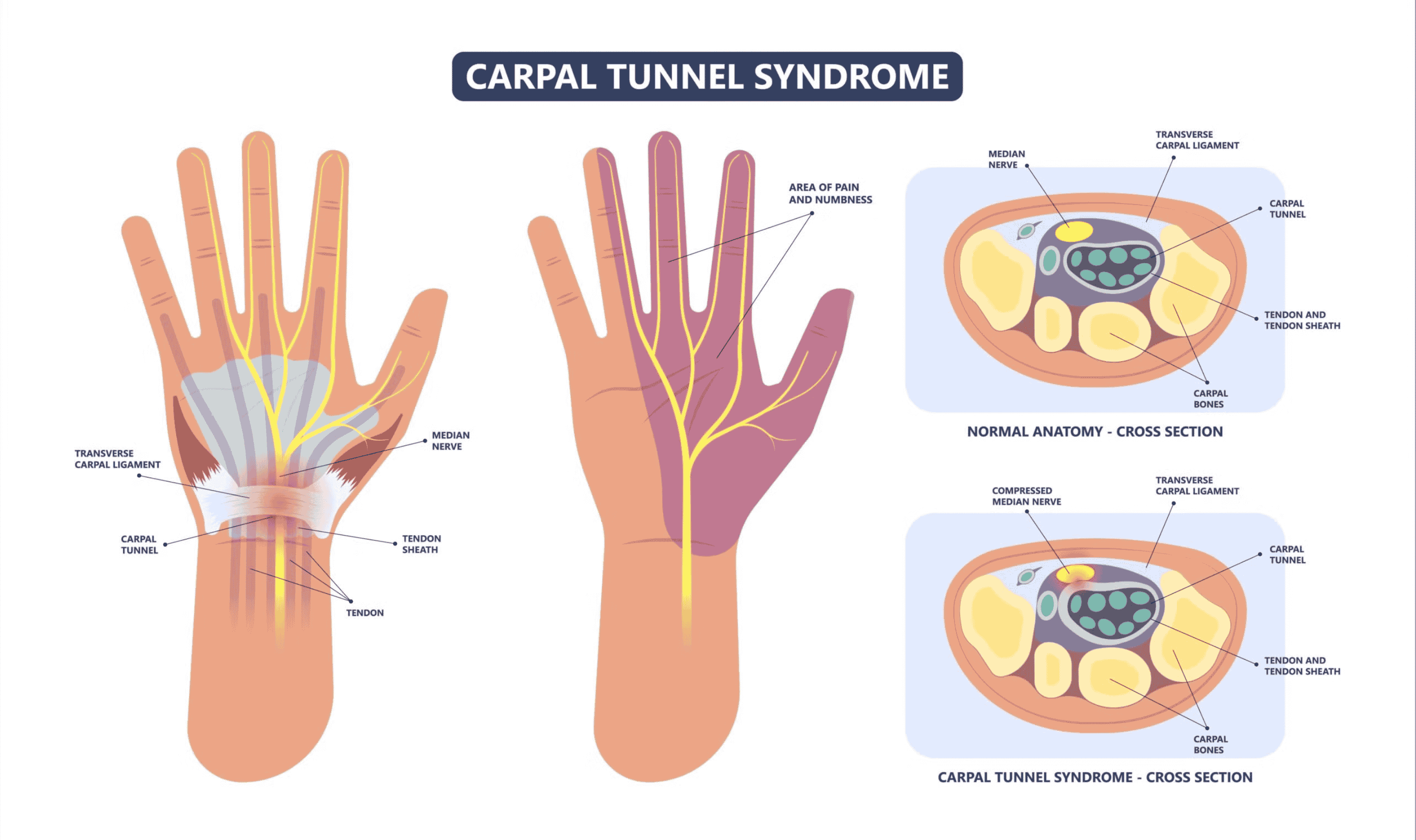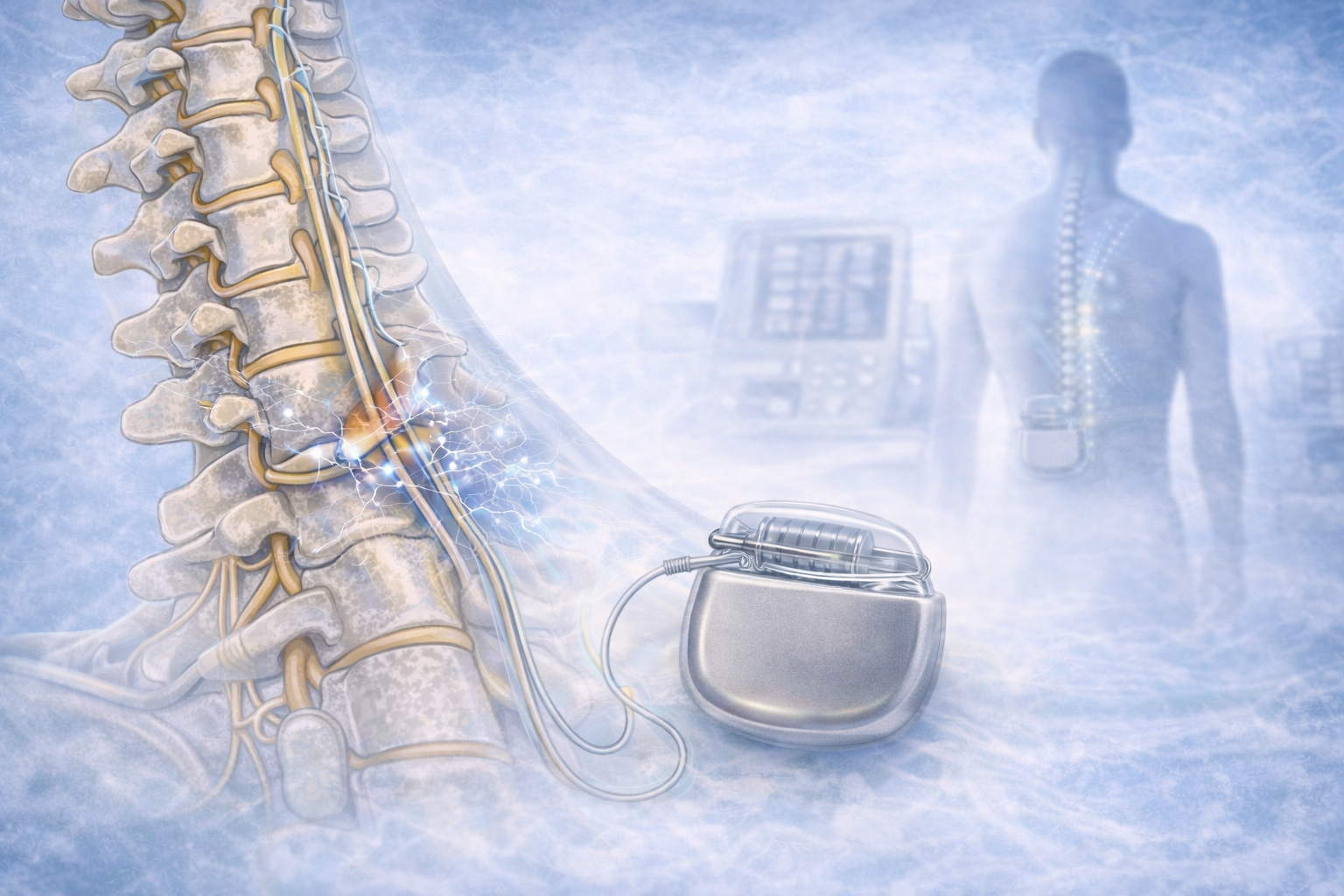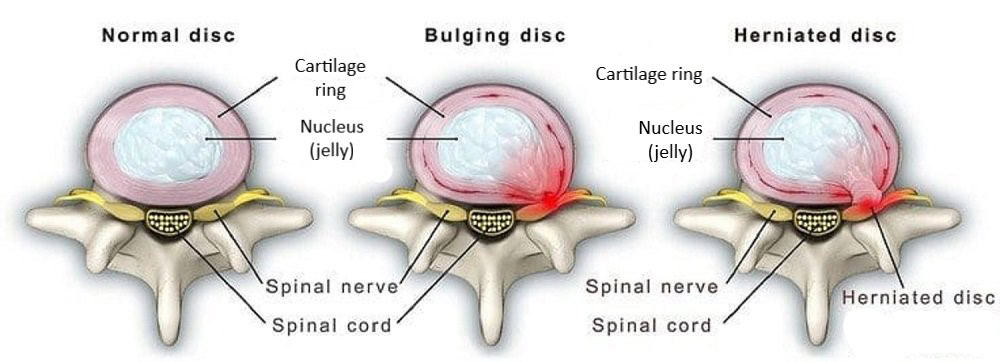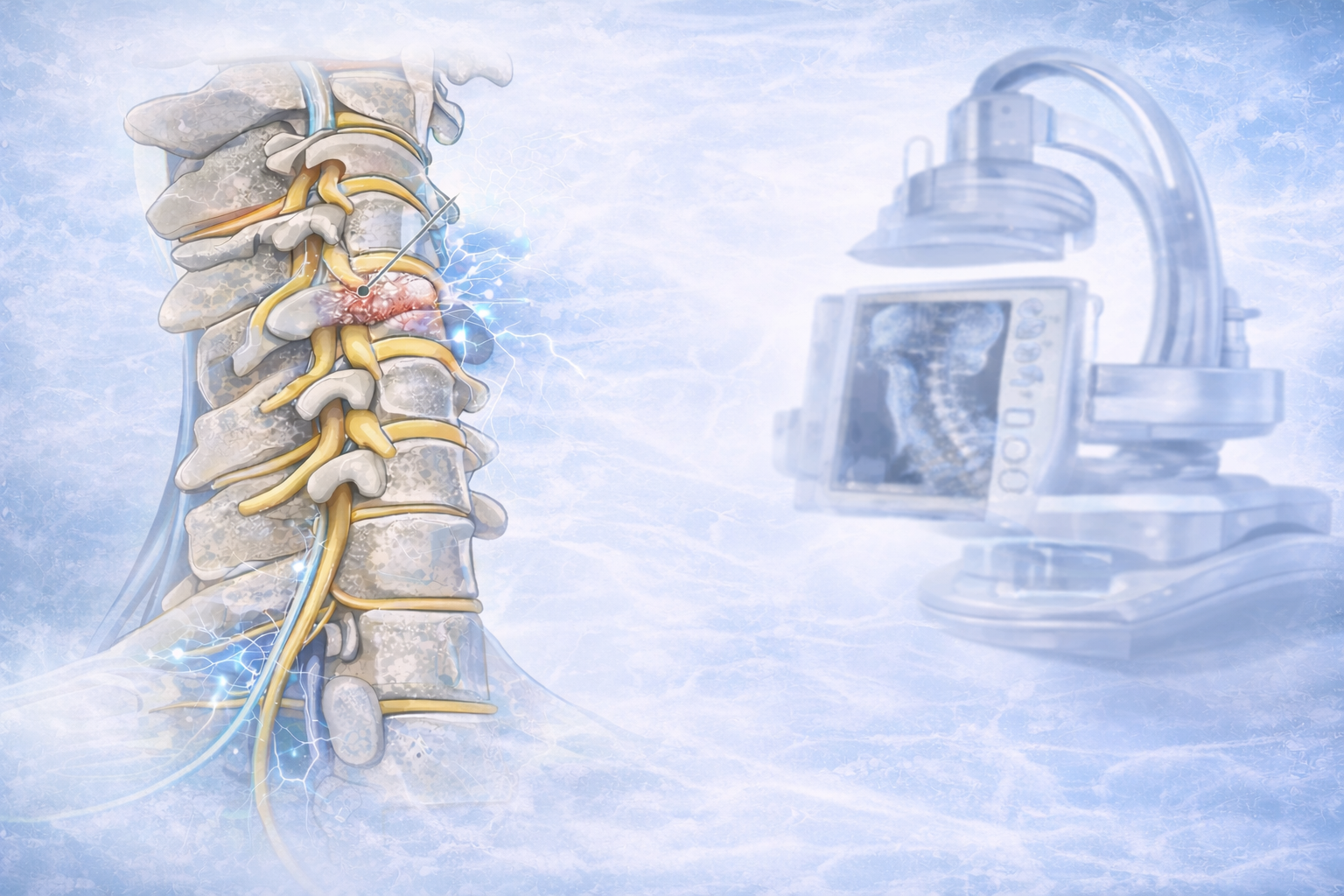Transforming Lives: Interventional Cancer Pain Management
Cancer, which affects millions globally, challenges the body's resistance and causes
severe suffering. Complex and multifaceted, cancer-related pain depends on type,
stage, and specific circumstances. Interventional therapies are enhancing cancer
patients' quality of life and relieving pain, while pharmaceutical therapy has long
been the baseline.
Understanding Cancer Pain and Its Effects
Cancer pain can be acute, chronic, nociceptive (tissue damage), neuropathic (nerve
damage), breakthrough (sudden and severe), or persistent. It can result from cancer,
metastases to bones or other organs, or adverse effects of surgery, chemotherapy,
and radiation. Due to its complexity, cancer pain requires a multifaceted response
beyond medication.
Interventional Techniques
Minimally invasive interventions directly target the causes of cancer pain.
Systemic drugs can have adverse effects or inadequate pain control, but these
techniques can provide more focused and lasting relief.
One of the most common interventions is nerve block. By injecting anesthetics or
neurolytics near nerves, doctors can stop pain impulses from reaching the brain.
Pain from tumor development squeezing nerves or nerve plexuses is best treated
with this method.
Vertebroplasty and kyphoplasty relieve cancer-related vertebral fracture pain.
Patients restore movement and function by injecting cement into the fractured
vertebra to stabilize it and relieve discomfort.
An implanted pump administers opioids directly into the cerebrospinal fluid
surrounding the spinal cord in intrathecal drug delivery devices. This method
relieves pain effectively with fewer systemic negative effects.
For individuals with intractable pain despite standard therapy, spinal cord
stimulation or intrathecal spinal pumps offer a new approach. The spinal cord or
brain receives electrical signals that modulate pain perception and provide comfort
for people who have exhausted other choices.
Benefits and Considerations
Specialized cancer pain management has many advantages over standard methods:
1. Targeted Relief: Interventions fix the pain without the systemic side effects of
oral drugs.
2. Reduced medicine Dependency: Reducing oral medicine use may reduce side
effects and drug interactions.
3. Better Quality of Life: Effective pain management helps cancer patients focus
on treatment and recovery by improving physical function, emotional well-being,
and quality of life.
How do Interventional Cancer Pain Specialists Redefine Comfort?
Interventional cancer pain specialists provide relief and comfort to cancer and pain
patients with knowledge and care. Their sophisticated methods change the lives of
those on this challenging journey.
These experts address cancer pain using cutting-edge interventional procedures. By
customizing treatment programs, patients receive maximum relief with little
discomfort.
These professionals precisely target pain origins with minimally invasive
techniques to improve quality of life. Patient well-being is prioritized in
evidence-based and result-driven therapies. Rapid pain reduction speeds recovery
and treatment.
The professionals cure pain and support patients and their families, demonstrating
expertise in all aspects of patient care.
Procedures are risky, and patient factors must be considered. Furthermore, not all
patients are suitable for these methods. Choosing the best treatment requires a
multidisciplinary examination by oncologists, pain experts, and interventional
radiologists.
Research and developments in cancer pain management are constantly changing
interventional methods. Personalizing treatments based on pain, disease, and health
is becoming more popular.
These methods are promising, but they work best in a holistic pain management
regimen. A multi-dimensional approach to cancer pain can include interventional
procedures, pharmaceutical therapies, psychological support, and complementary
treatments including physiotherapy and relaxation techniques.
Take away,
Cancer pain is debilitating, but interventional methods provide hope. These
procedures treat pain and improve cancer patients' quality of life. As medical
knowledge improves and we learn more about pain, interventional cancer pain
treatment will help alleviate suffering and promote recovery.
In an ever-changing world, Dr. Minhaj Akhter’s refined approaches keep abreast of
new solutions. He is a cancer pain specialist and has improved thousands of
patient's lives by providing the best care.










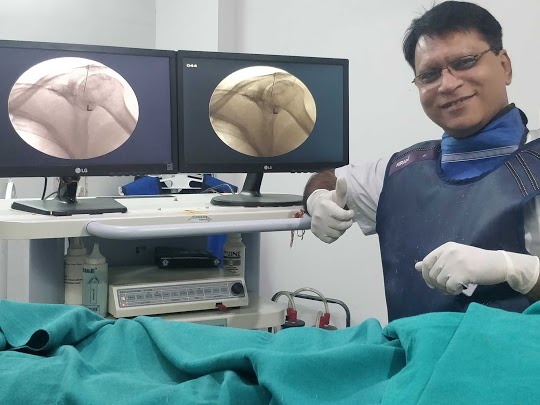



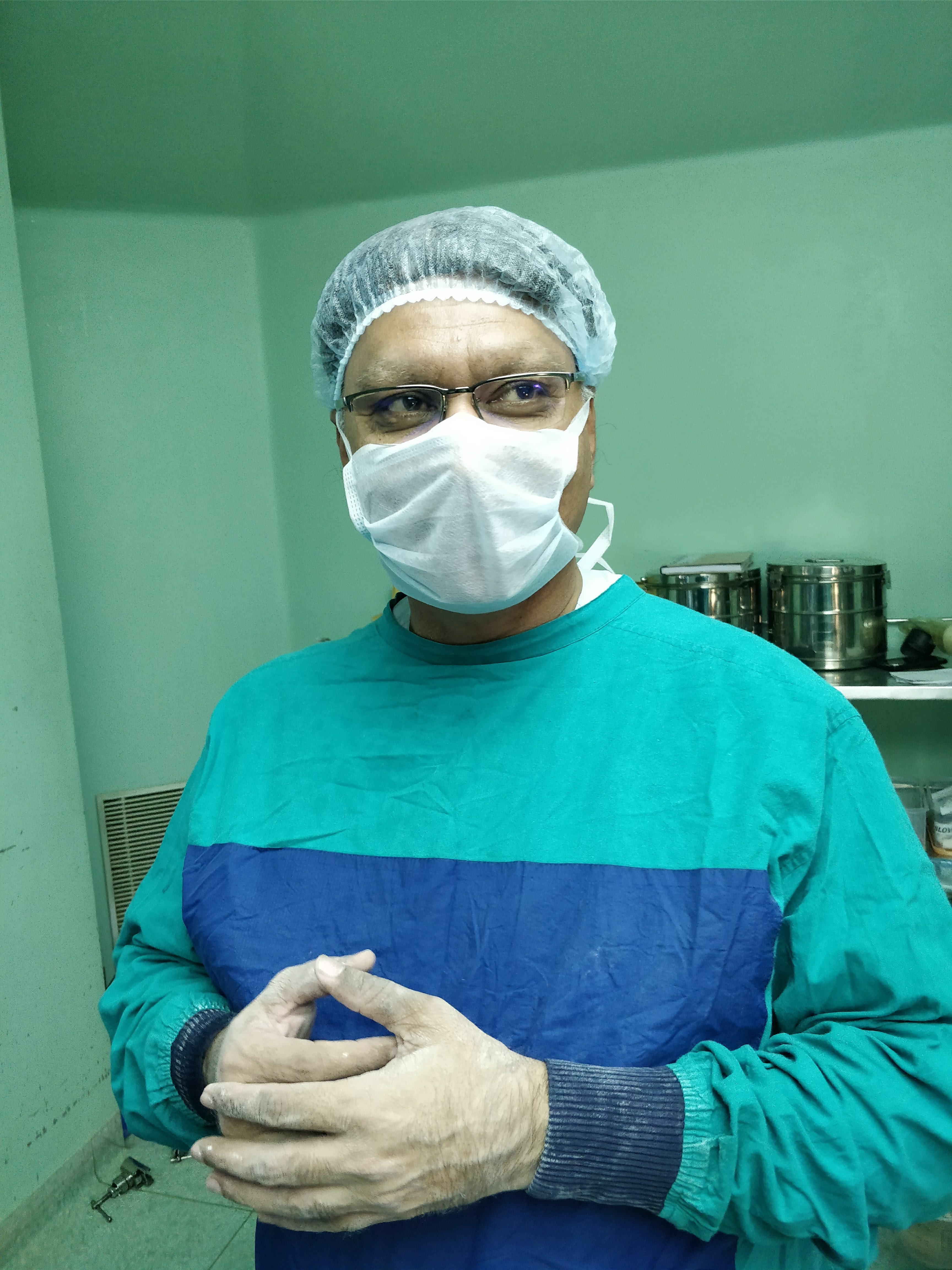
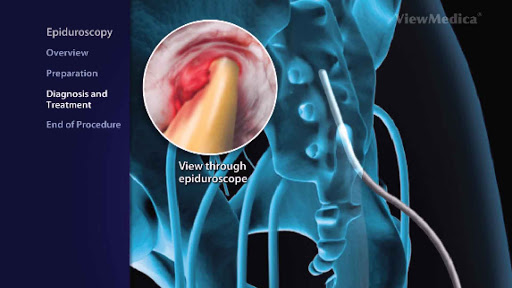

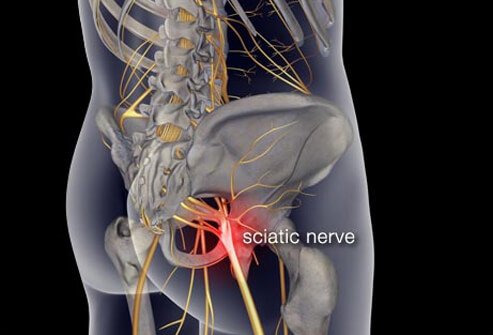

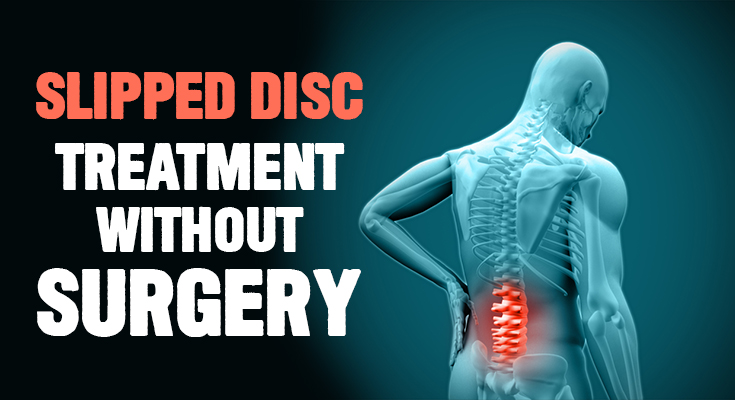





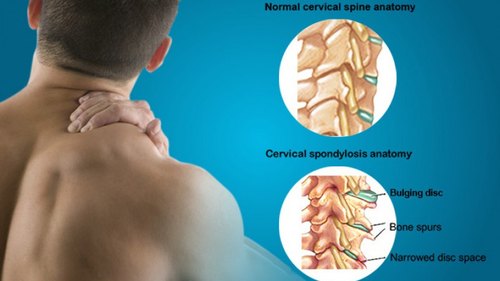
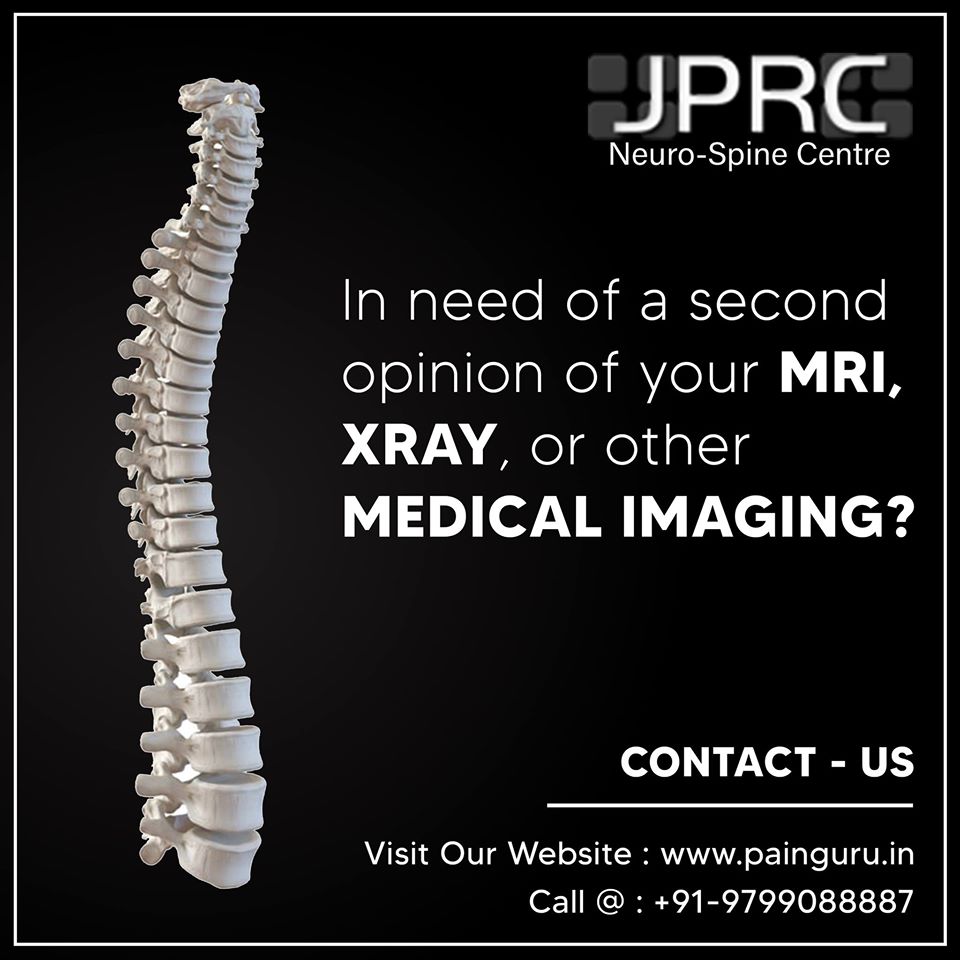






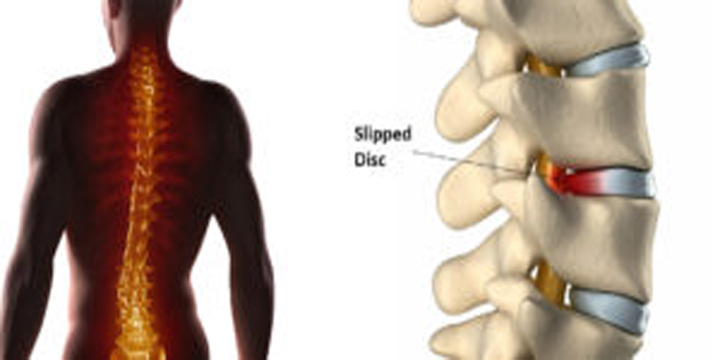
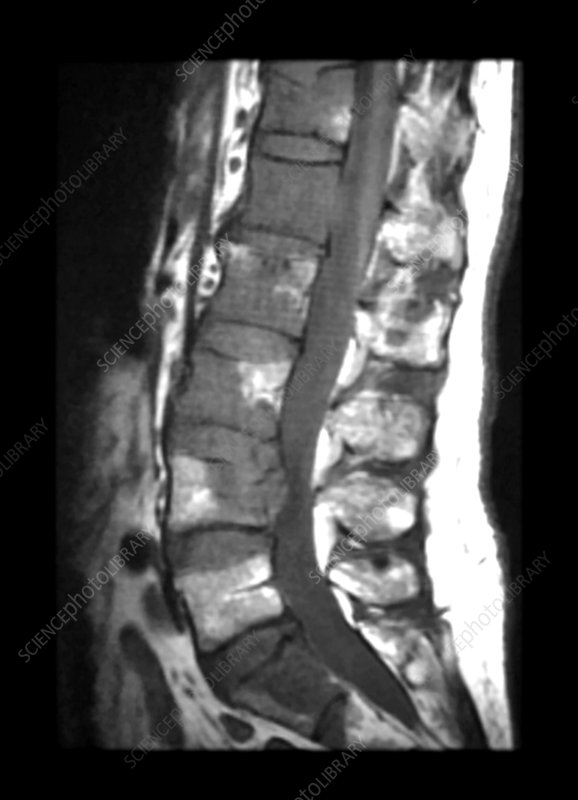




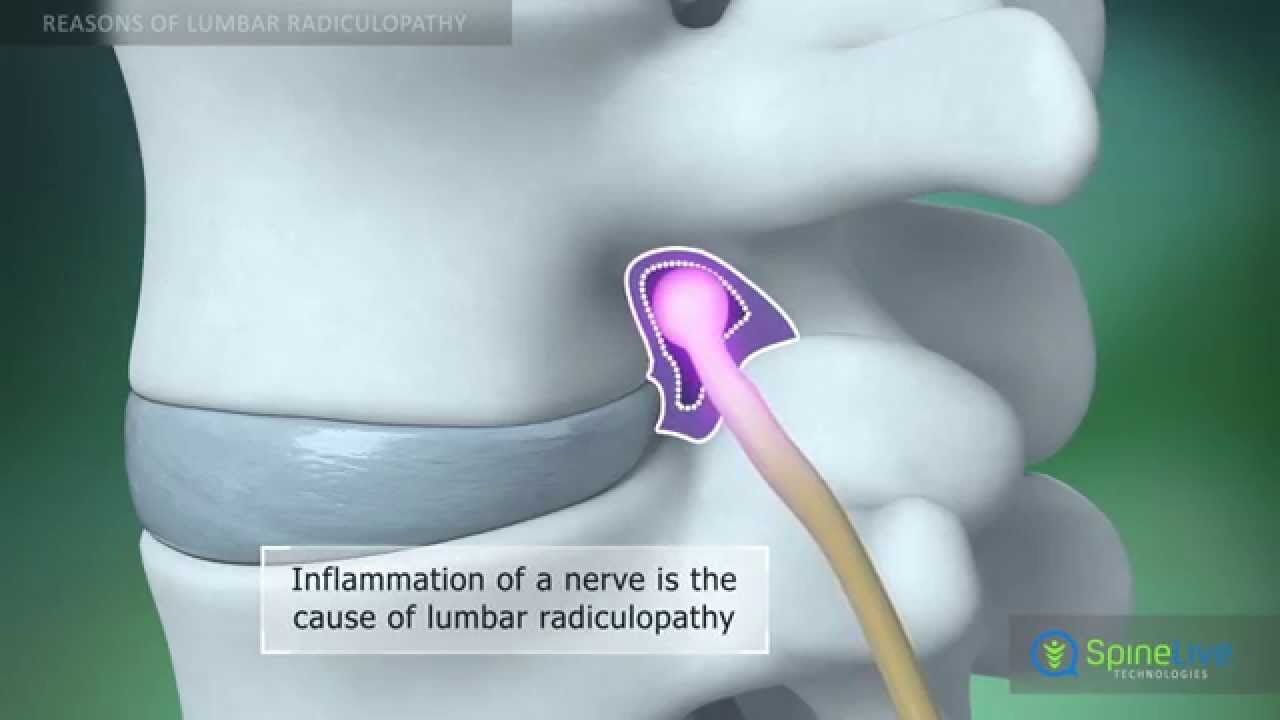
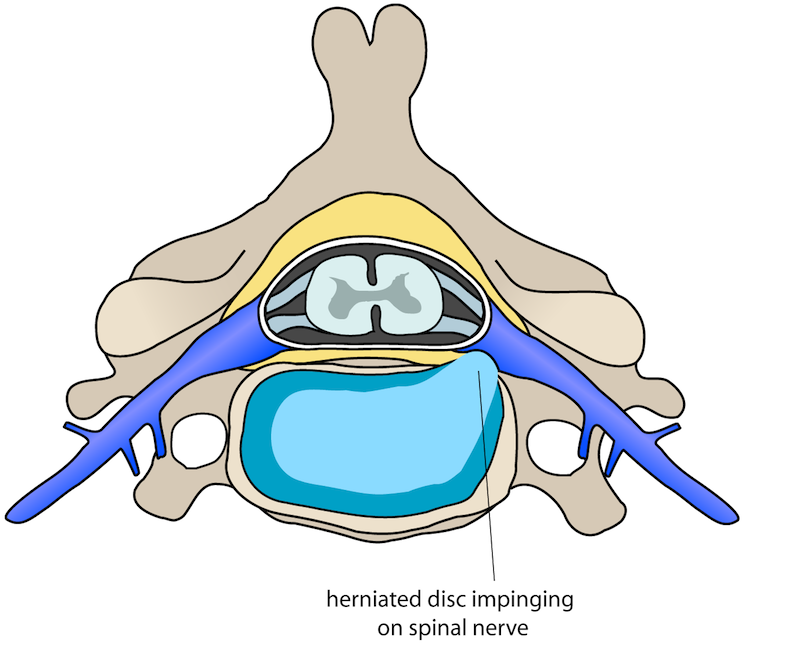
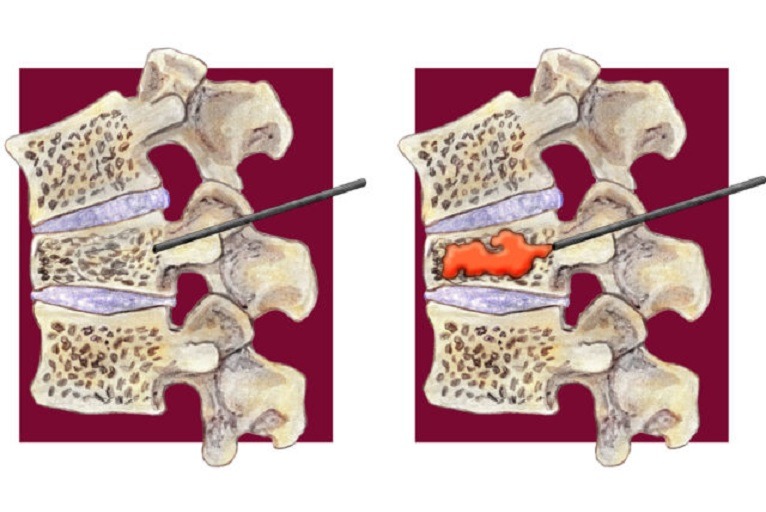












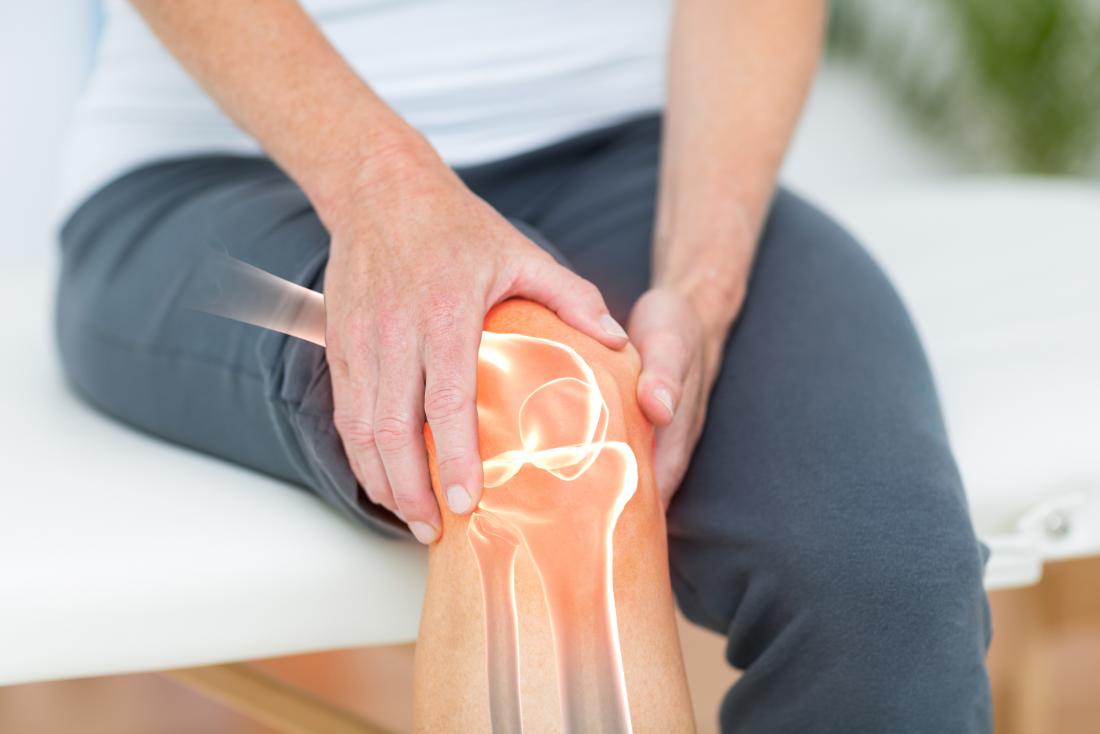
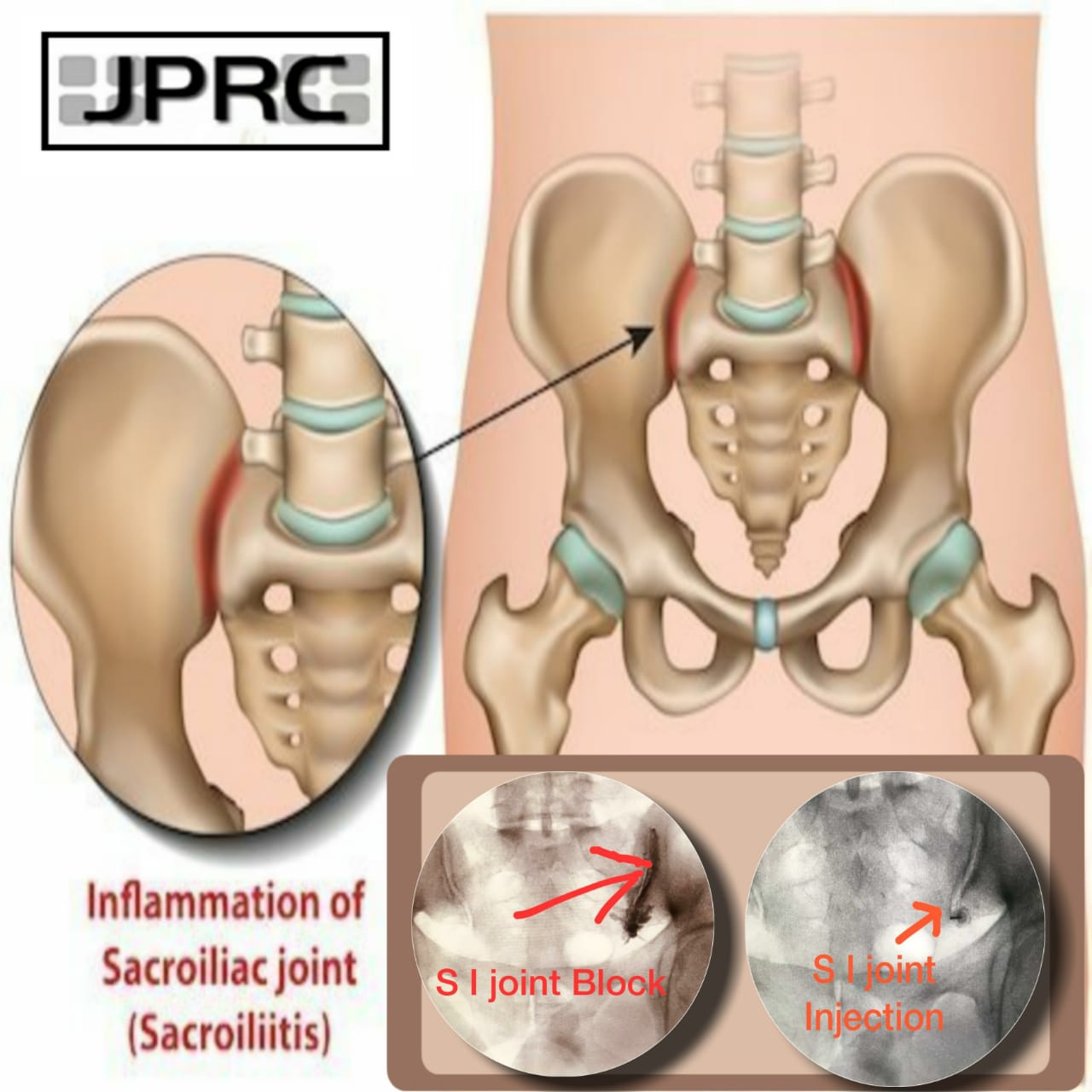





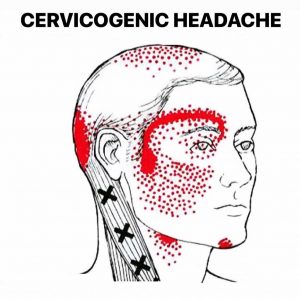




.jpg)








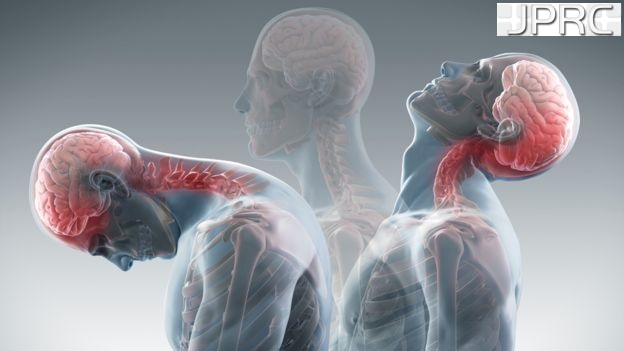


_Injection_Description_in_Hindi.jpg)
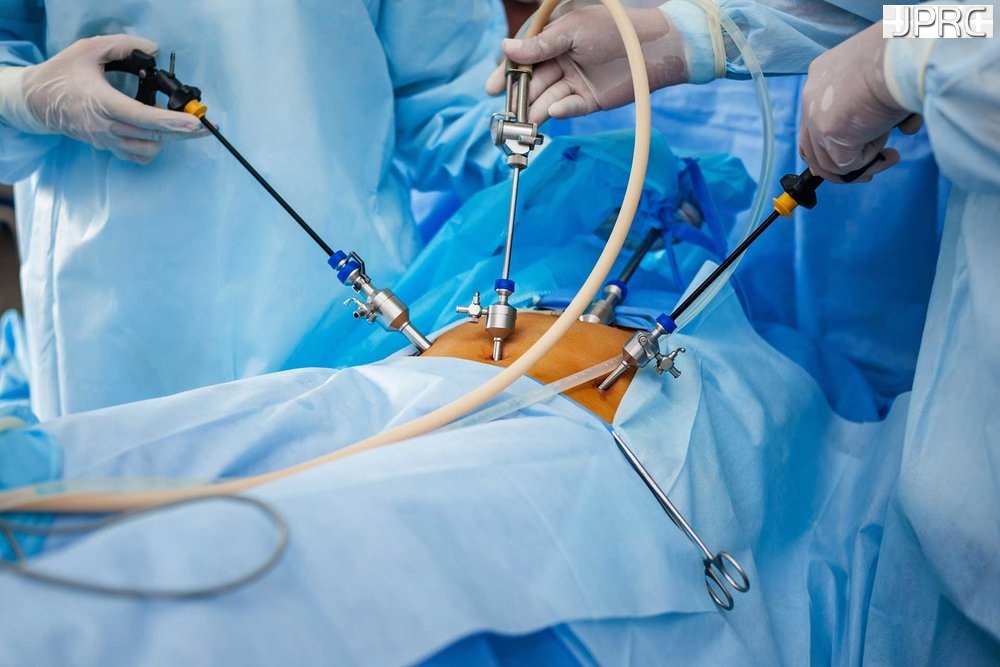

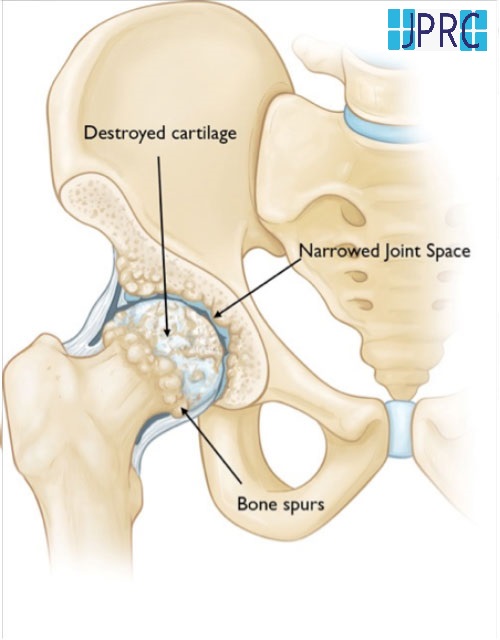



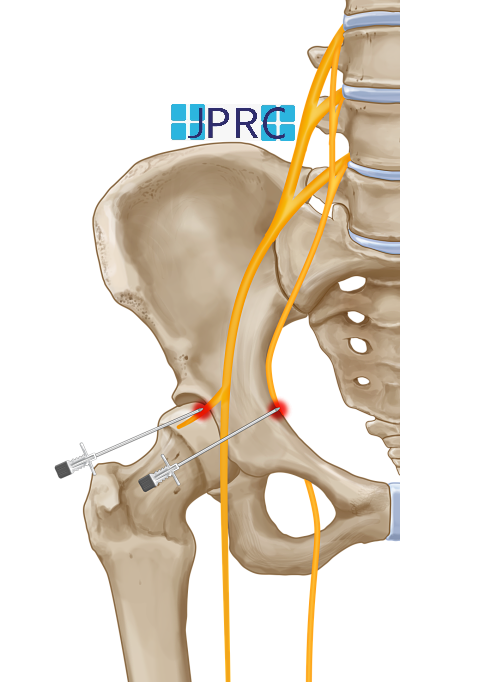


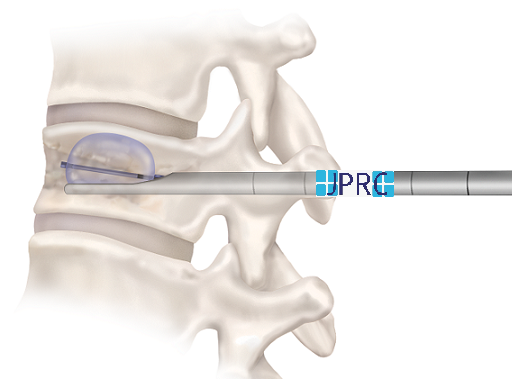

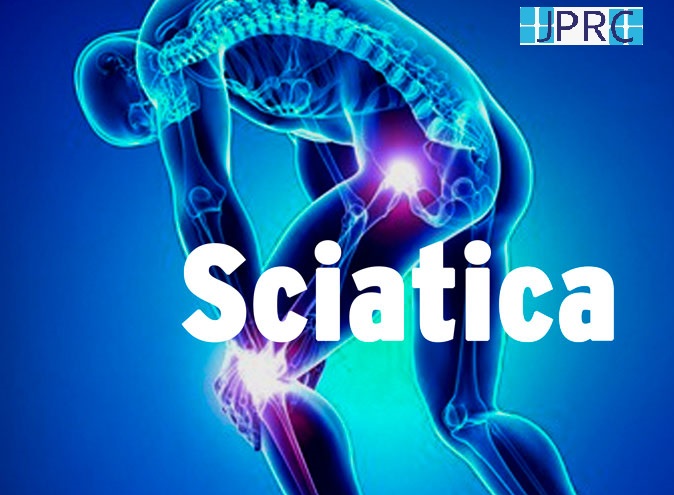




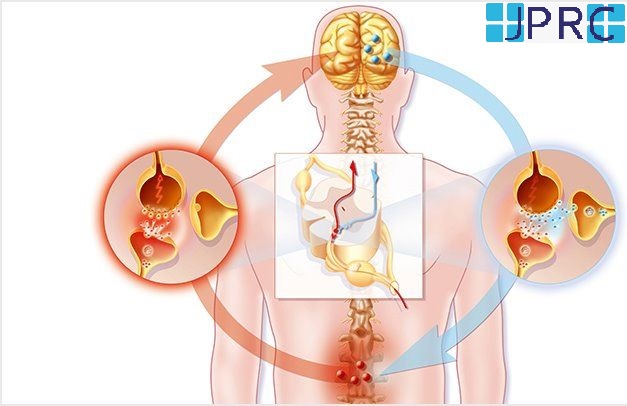


.jpg)
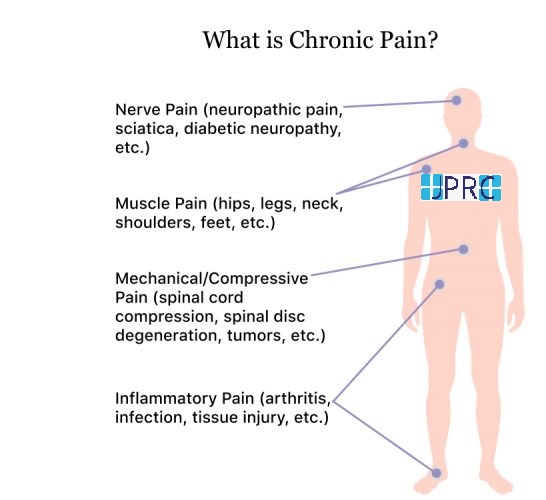



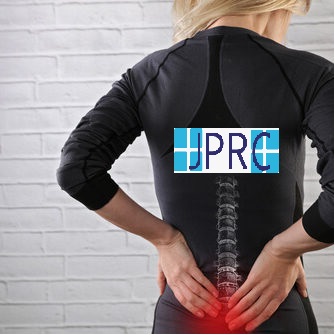



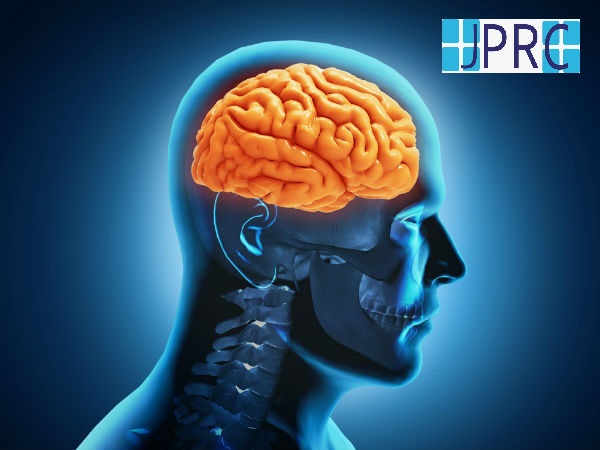

.jpg)




.jpg)
.jpg)
.jpg)



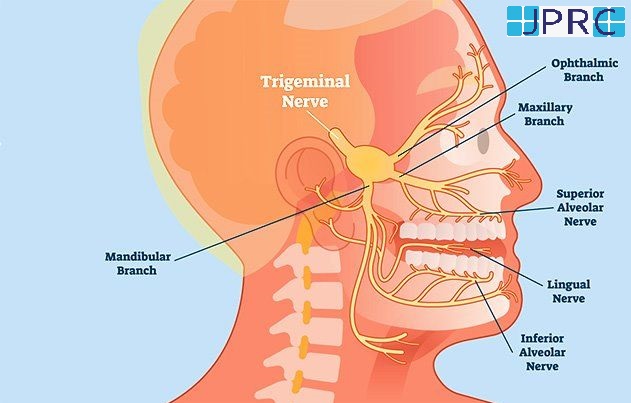



.jpg)
.jpg)
.jpg)
.jpg)
.jpg)
.jpg)
.jpg)
.jpg)
.jpg)
.jpg)
.jpg)
.jpg)
.jpg)
.jpg)
.jpg)
.jpg)
.jpg)
.jpg)
.jpg)
.jpg)
.jpg)
.jpg)








1.jpg)
1.jpg)
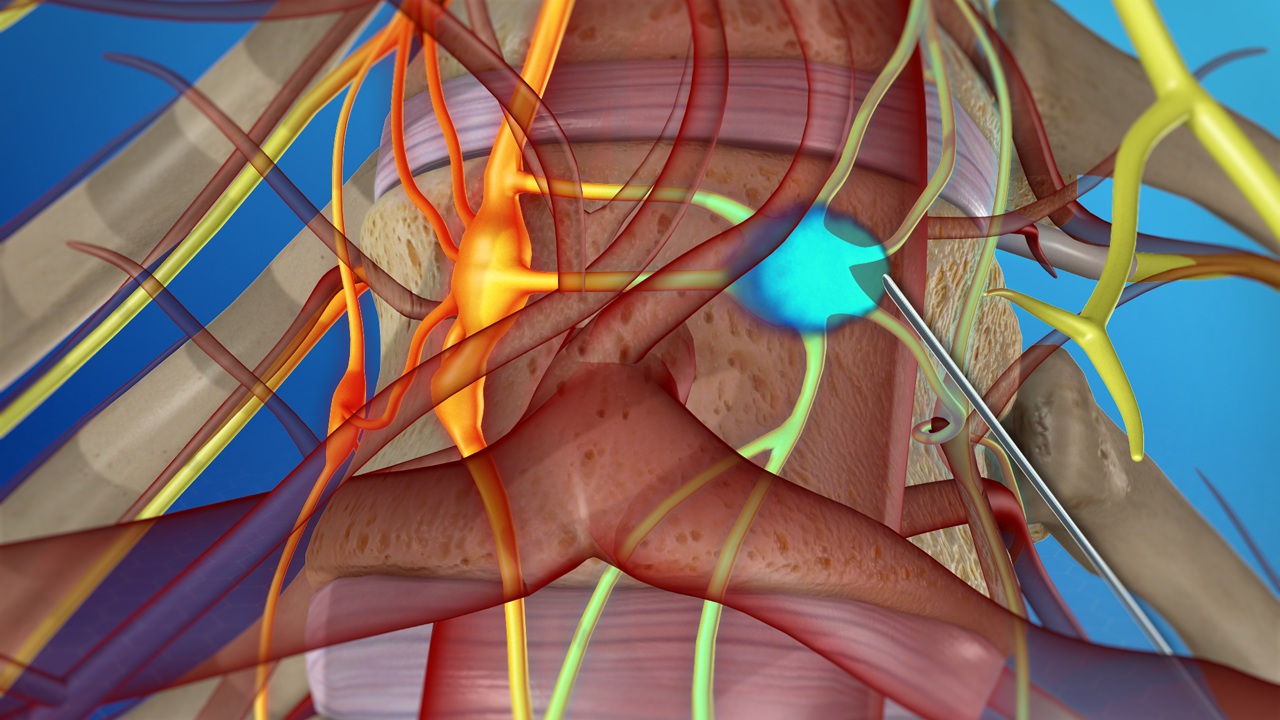
1.jpg)
1.jpg)
1.jpg)
1.jpg)
1.jpg)









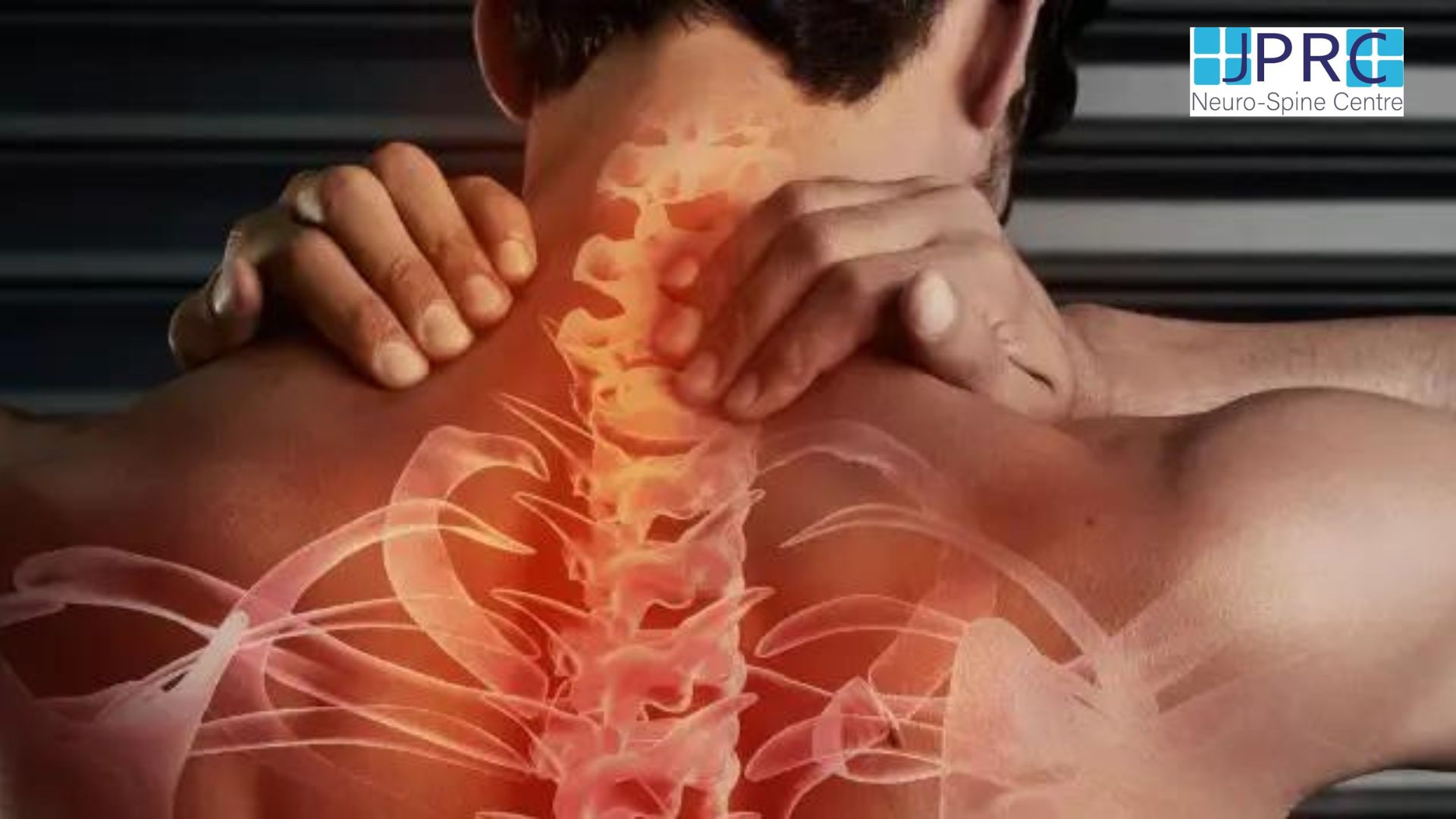
2.jpg)
3.jpg)

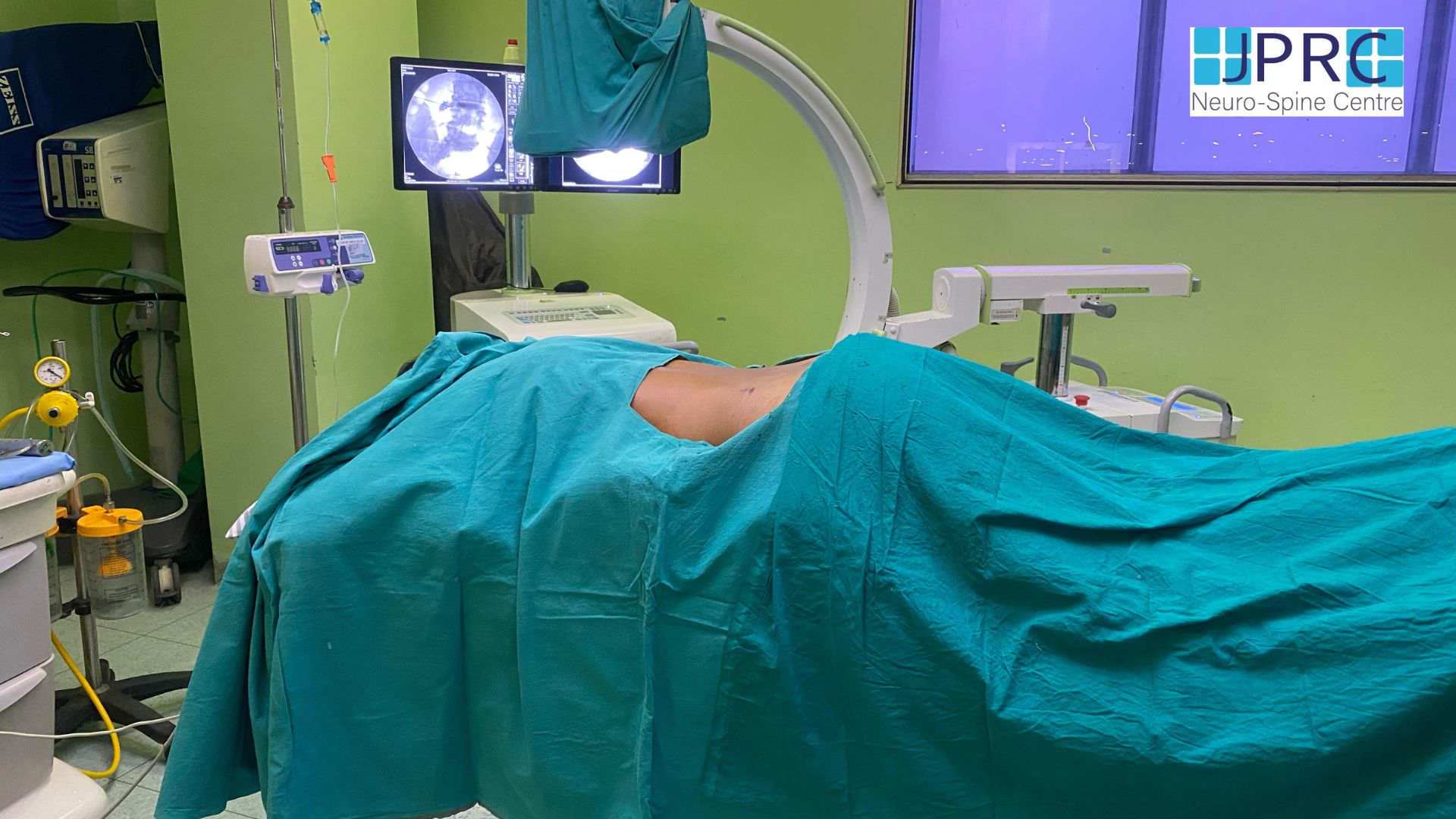

4.jpg)
1.jpg)
2.jpg)

5.jpg)
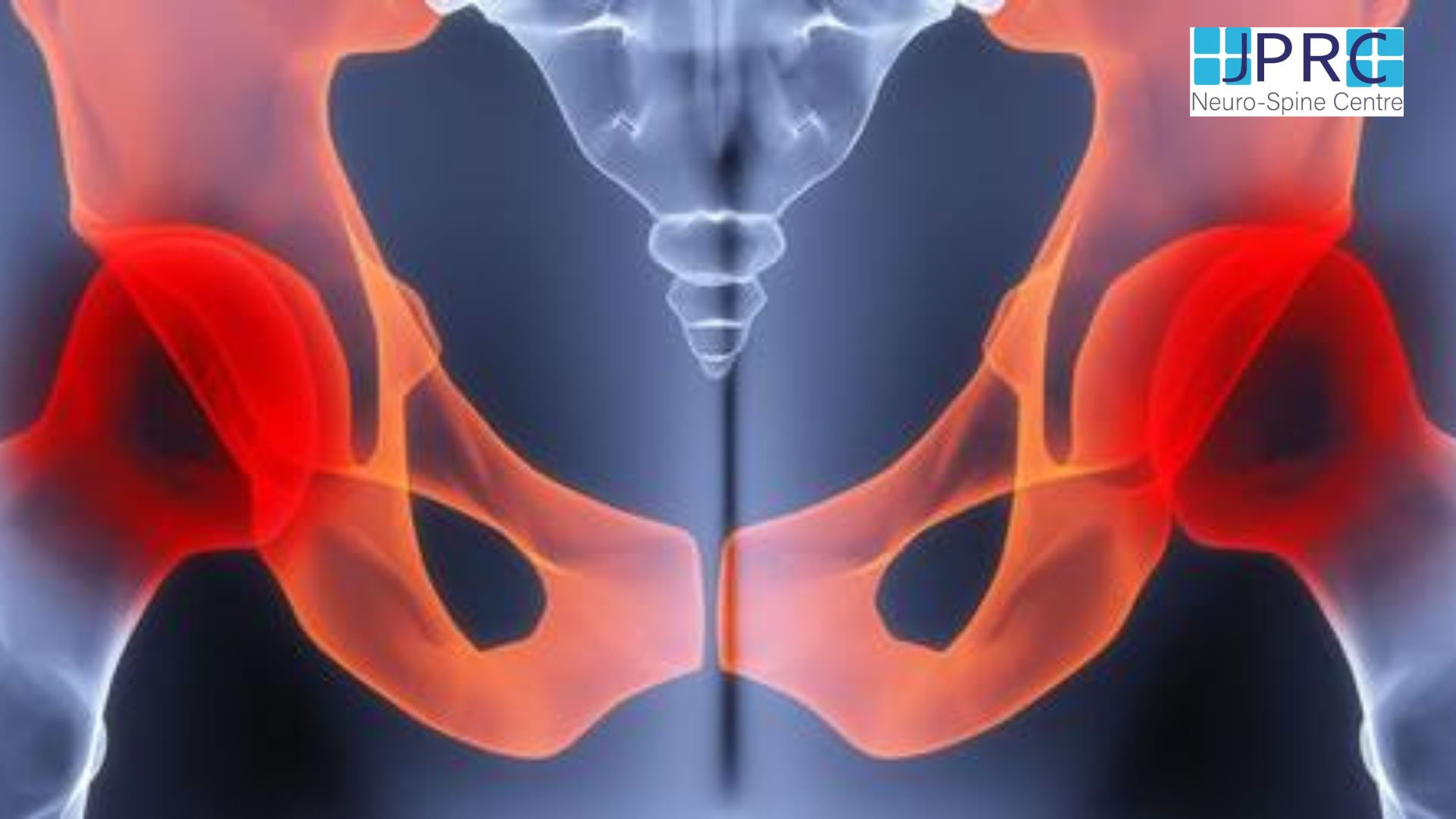
6.jpg)
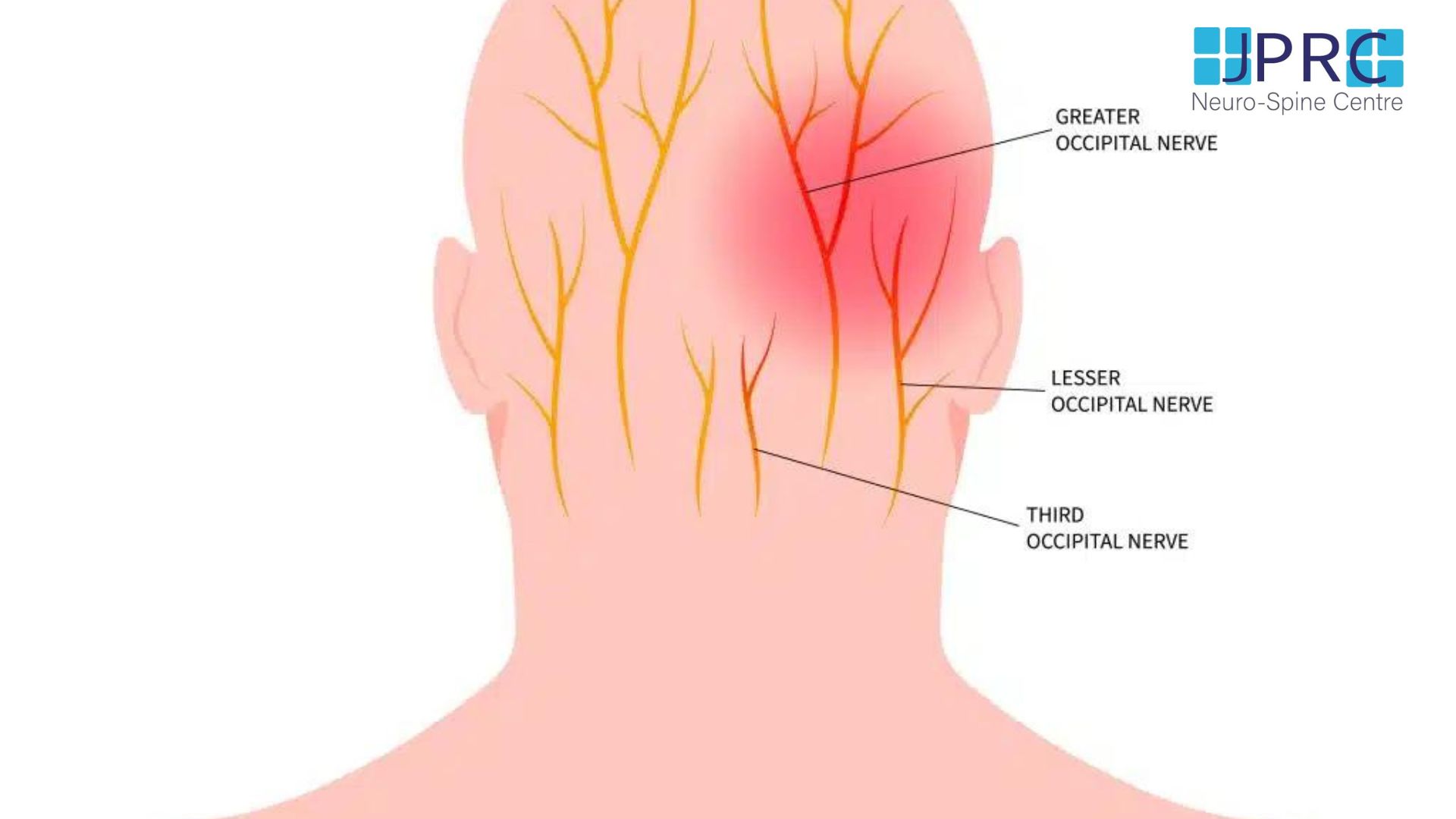
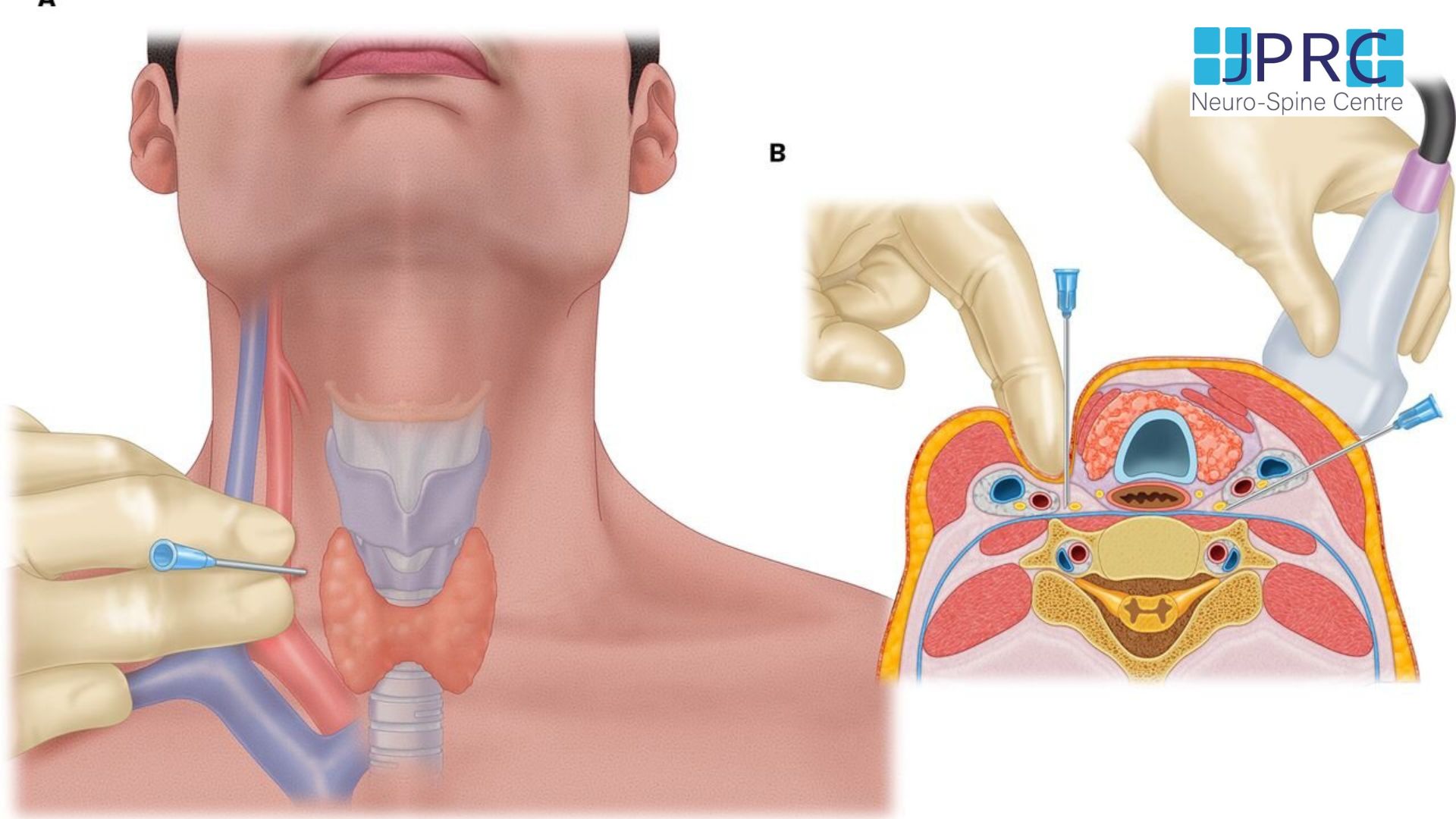


7.jpg)
2.jpg)

8.jpg)

9.jpg)
3.jpg)

10.jpg)

11.jpg)


12.jpg)
4.jpg)


























